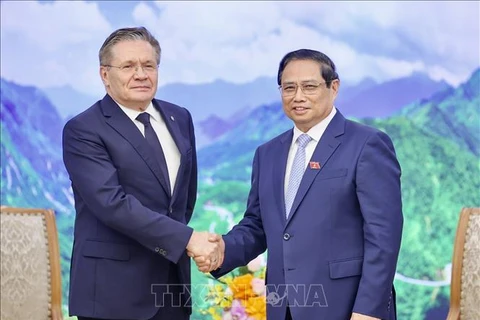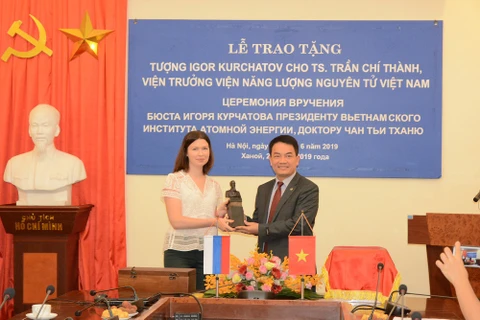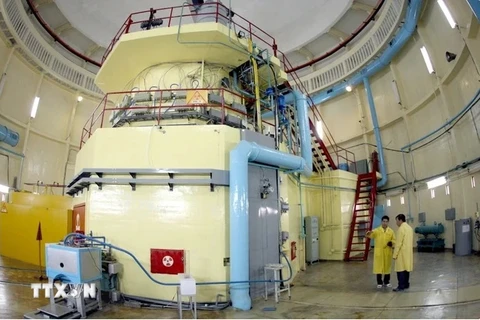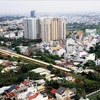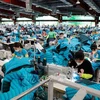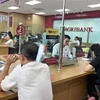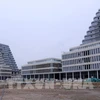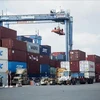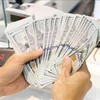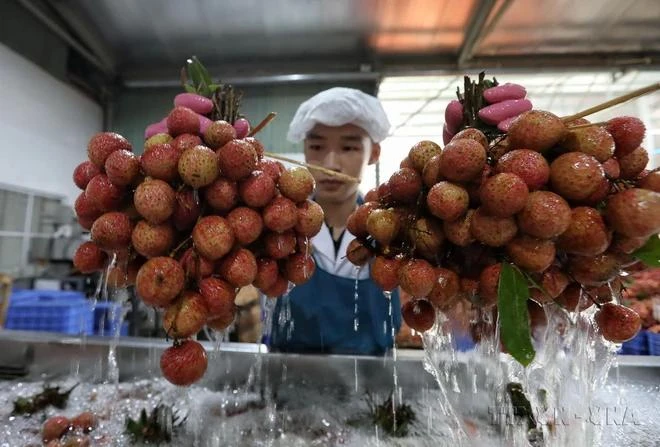
Hanoi (VNA) – Vietnam eyes to harness the power of nuclear technology to develop the healthcare, industrial and agricultural sectors amidst increasingly stringent requirements from local consumers and export markets.
The country is developing the Nuclear Science and Technology Research Centre project in Long Khanh city, the southern province of Dong Nai, including the construction of a 10MW nuclear reactor on an area of 100 hectares, under an intergovernmental agreement between Vietnam and Russia signed in 2011. The Vietnamese Government granted approval in principle for the project in 2018.
The reactor will focus on irradiation science, biological science, and radioisotopes, to name as a few. Particularly, it will produce radiopharmaceuticals for cancer treatment and diagnosis, a critical task given that Vietnam sees approximately 180,000 new cancer cases annually, with a domestic treatment success rate of around 40% as compared to 70% globally.
According to Director of the Vietnam Atomic Energy Institute (VAEI) under the Ministry of Science and Technology Tran Chi Tranh, the Da Lat Nuclear Reactor in the Central Highlands province of Lam Dong currently creates 10 types of radiopharmaceuticals while the one in Dong Nai could increase the capacity by five to seven times.
Safety analysis and evaluation will be made in early 2025 while construction on the reactor is expected to begin during 2027-2028 after the feasibility report and relevant dossiers are approved by authorities.
Thanh said the institute will set up expert groups specialising in reactor physics, horizontal design, radioisotope production on the reactor, material research, silicon irradiation for semiconductor applications, activation analysis, and nuclear safety.
Experts from the Food and Agriculture Organisation of the UN said using isotopes or irradiation techniques in agriculture can control pests and diseases, increase crop production, protect land and water resources, ensure food safety.
The development of nuclear energy for peaceful purposes, linked to socio-economic development, is a consistent viewpoint of the Party and State. Nuclear energy is now being applied widely and effectively in fields such as medicine, agriculture, and import-export. Therefore, advancing research and application in nuclear science and technology is an essential step towards achieving rapid and sustainable socio-economic development./.
